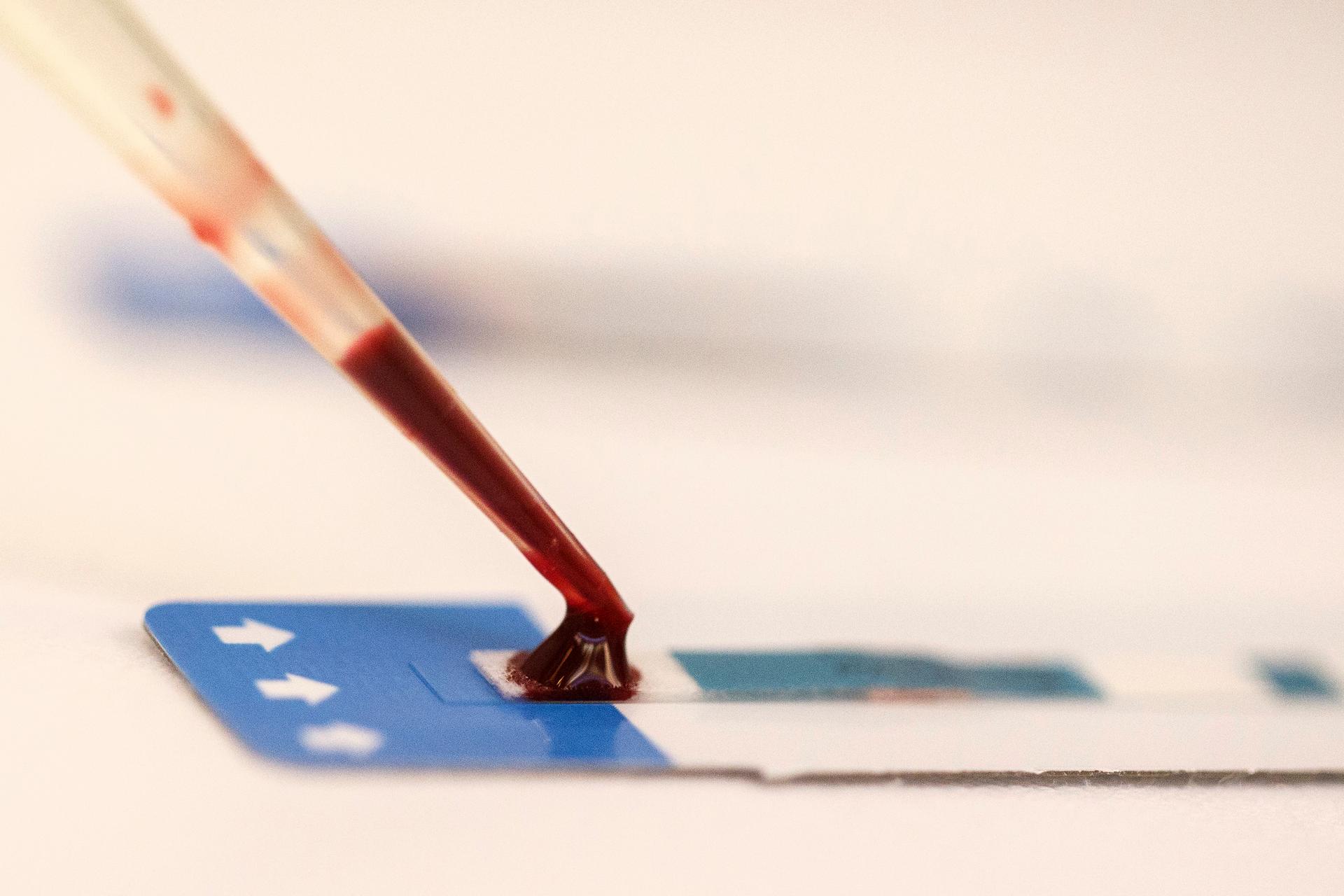A nurse tests a blood sample during a free HIV test at a blood tests party, part of a campaign to prevent HIV infection among male same-sex couples, in Bangkok September 20, 2014.
Even though the global conversation about AIDS has declined since the peak of the epidemic in 1997, there are still 35.3 million people living with HIV worldwide.
Nearly 70 percent of new HIV infections occur in sub-Saharan Africa. And with no cure in sight, treatment for HIV/AIDS has become a key way of addressing the epidemic's impact.
Monday, The World's Carol Hills moderates a panel at the Harvard School of Public Health to discuss the strategy of using drug treatment to descrease new transmissions — eventually leading to the eradication of the virus itself. Panelists joining Hills are:
- Mark Wainberg, Director of the McGill AIDS Centre at McGill University
- Max Essex, Chairman of the Harvard School of Public Health AIDS Initiative
- Kenneth Mayer, Medical Research Director and Co-Chair of The Fenway Institute
- Shahin Lockman, Associate Professor in the Department of Immunology and Infectious Diseases at the Harvard School of Public Health
Follow the conversation by watching the webcast above or on Twitter, where we'll be tweeting live. If you want to ask the panelists a question, tweet it using the hashtag #TreatmentasPrevention2014.
